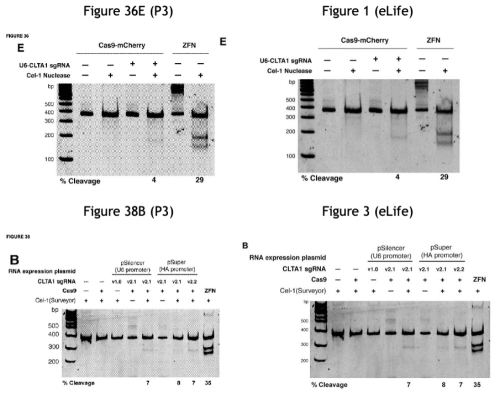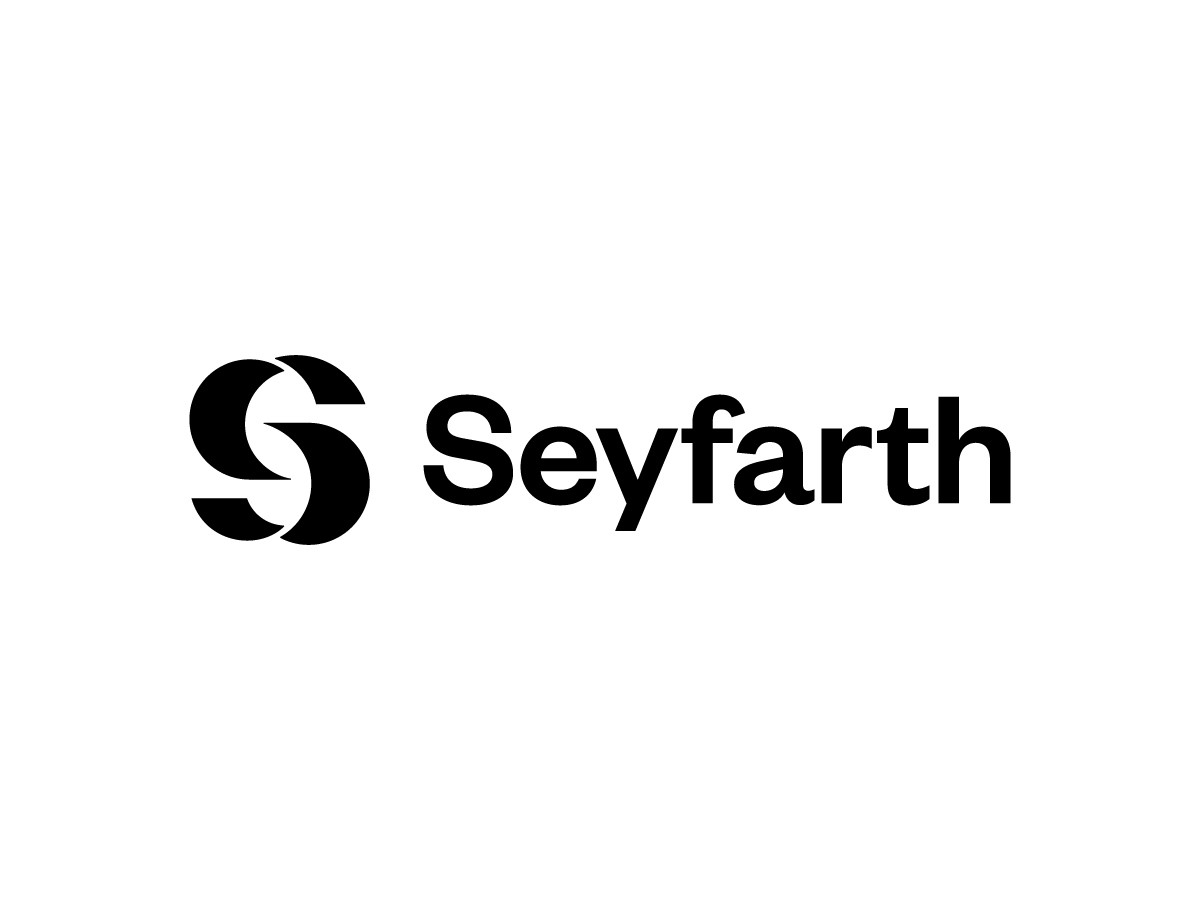Distinctive Trademarks: What Are They, and Why Are They Important to Your Food and Beverage Services? | Burr & Forman
Think about your favorite pizza restaurant. What sets it apart from the frozen pizza you could pick up from your local grocery store? Is it the cheese-stuffed crust? The quality of the pepperoni? No matter the reason, there is almost certainly something that distinguishes your favorite pizza from all others.
Like the perfectly baked crust of your favorite pizza, trademarks help distinguish your food and beverage brand from others. In fact, in order for your brand to be protectable as a trademark, it must set your goods and services apart from the competition.
How, though, can your brand achieve such distinctiveness? In trademark law, there is a spectrum of distinctiveness categories, and the strongest marks are considered less descriptive and are afforded greater protection. On the lowest end of the spectrum are generic marks, which are not protectable as trademarks because they exactly describe the goods and services. An example of a generic mark is the use of the term “pizza” for pizza. One step up from generic marks are merely descriptive marks. These marks convey an immediate idea of the ingredients, qualities, or characteristics of the goods and services. An example might be “Cheesy” for pizza restaurant services. While these marks are protectable as trademarks, they can only be protected when the mark achieves “secondary meaning” or “acquired distinctiveness,” meaning that the mark must become associated in consumers’ minds with the business owner as the source of the goods and/or services offered. Moving up the spectrum are suggestive marks. Suggestive marks require imagination and thought for a consumer to conclude what type(s) of goods and/or services are offered in connection with suggestive marks. Then there are arbitary marks, which are common words applied in a different way that has no relationship to the products or services offered in connection with the mark. An example would be the mark “pizza” used in connection with computers. Finally, on the opposite end of the spectrum of generic marks are fanciful marks, which are made up of words solely invented for use as a trademark. Suggestive, arbitrary, and fanciful marks are inherently distinctive, and therefore, do not require secondary meaning or acquired distinctiveness.
Oftentimes, food and beverage providers utilize merely descriptive marks, and even generic terms, as an indication of their brand. Food and beverage providers often want to describe to consumers the exact goods and services they will offer. However, by doing so, food and beverage providers automatically put themselves at a disadvantage over competitors and may even ensure that they cannot obtain trademark protection for their brand. Instead, brand owners should choose marks that are inherently distinctive so that proof of secondary meaning is not required to register or enforce the mark. Not only can proving secondary meaning sometimes be very difficult and is oftentimes very costly, inherently distinctive marks are stronger trademarks and can offer greater trademark protection for your brand.
In order to avoid merely descriptive or generic marks, food and beverage providers should look at the dictionary definition of the word they would like to use as a trademark or service mark and ask whether the goods and services it will offer are described by the dictionary definition. Food and beverage providers should also consider whether competitors will need to use the mark to describe their products or services. To inform yourself of whether competitors use the mark, it may be helpful to do an internet search to identify whether other brands use a similar mark. Another way to determine the strength of a mark is to ask whether imagination is required to determine what type of goods and/or services are offered.
While the descriptiveness inquiry is only one portion of the test to determine whether a trademark may be protected, it is the baseline question. In order to ensure that your food and/or beverage brand may continue to grow, it is important to perform adequate due diligence to determine whether the brand may ultimately be protected, and trademark attorneys can assist with navigating these nuances of trademark law. By conducting research regarding the mark’s protectability, including the question of distinctiveness on the front end, you can ensure that you have combined the best ingredients for a long-lasting brand.
[View source.]






